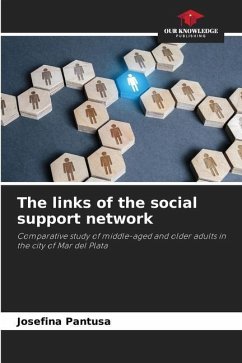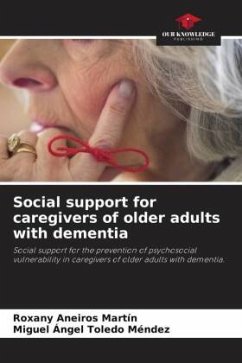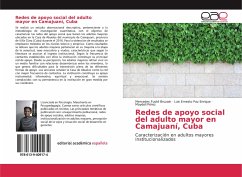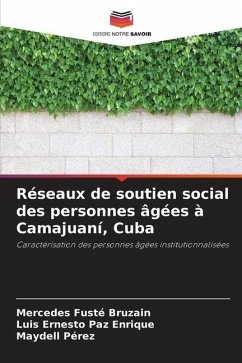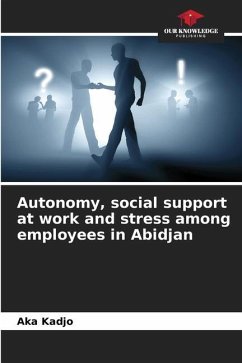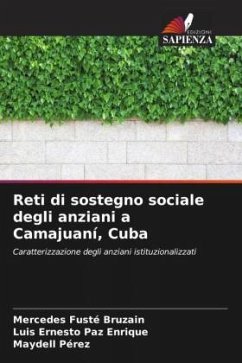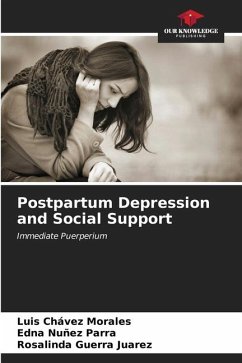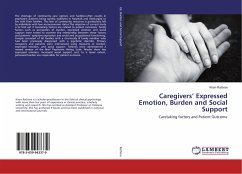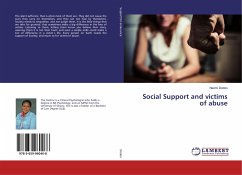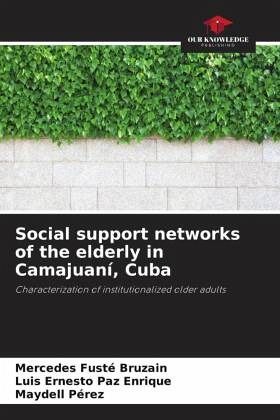
Social support networks of the elderly in Camajuaní, Cuba
Characterization of institutionalized older adults
Versandkostenfrei!
Versandfertig in 6-10 Tagen
27,99 €
inkl. MwSt.

PAYBACK Punkte
14 °P sammeln!
A descriptive observational study was carried out, belonging to the quantitative research methodology, with the objective of characterizing the social support networks that older adults located in the Casa de Abuelos of the municipality of Camajuaní, Villa Clara province (Cuba) have during 2016. Theoretical and empirical methods were used to obtain the results. As results, it was obtained that older adults belong mostly to the stage of senescence, male sex and widowed; characteristics that according to literature are associated to institutional income. According to the frequency of contacts e...
A descriptive observational study was carried out, belonging to the quantitative research methodology, with the objective of characterizing the social support networks that older adults located in the Casa de Abuelos of the municipality of Camajuaní, Villa Clara province (Cuba) have during 2016. Theoretical and empirical methods were used to obtain the results. As results, it was obtained that older adults belong mostly to the stage of senescence, male sex and widowed; characteristics that according to literature are associated to institutional income. According to the frequency of contacts established with them, the institution constitutes their main support network. From their perception, the elderly refer to living in a family environment with disharmonious relationships among the members, which generates difficulties for the full transmission of the different forms of support. The elderly point to the Grandparents' House as the network with the highest frequency of contacts. The institution constitutes their instrumental, informational, spiritual and emotional support. They are pleased with their stay in the institution to a large extent by their peers.



